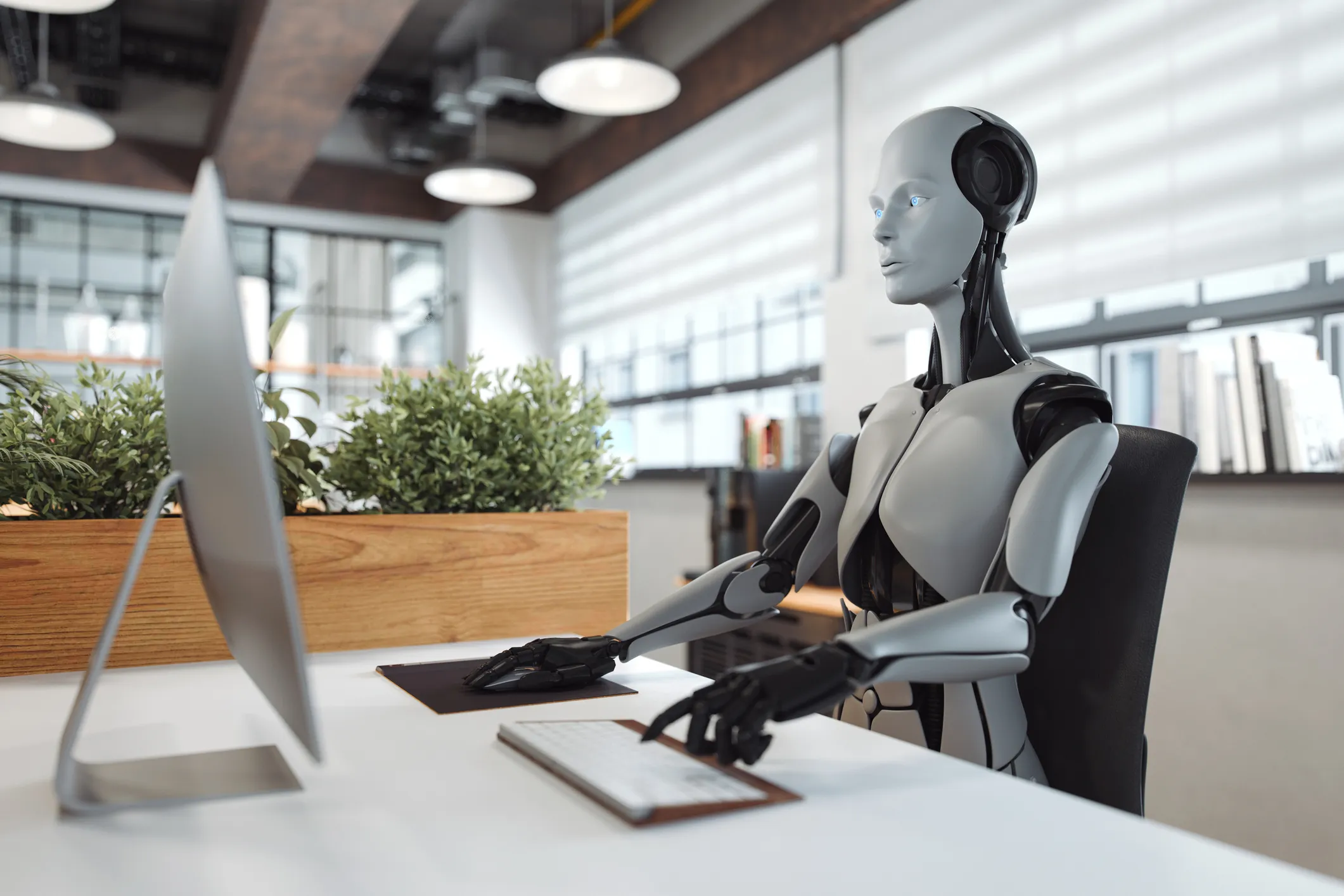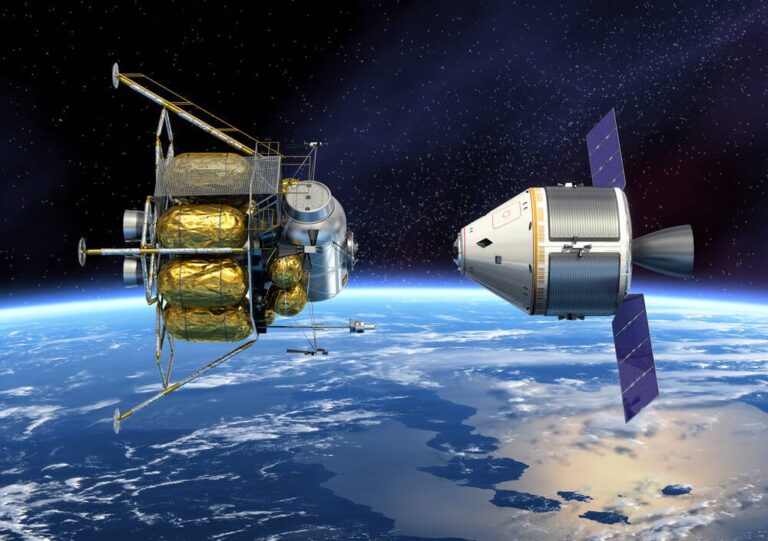
China launches first humanoid robot that changes its own batteries in a historic leap for robotics and automation. Developed by the Shanghai Robotics Institute, the robot, named Qinglong-1, is designed to operate independently by detecting low power levels, navigating to a battery station, and replacing its battery pack all without human assistance.
China launches first humanoid robot that changes its own batteries in a historic leap for robotics and automation. Developed by the Shanghai Robotics Institute, the robot, named Qinglong-1, is designed to operate independently by detecting low power levels, navigating to a battery station, and replacing its battery pack all without human assistance. This development represents a major step toward fully autonomous machines that can manage their own energy needs in real time.
What makes this innovation truly groundbreaking is that China launches first humanoid robot that changes its own batteries with a modular battery system, precision AI, and self-servicing capabilities. Qinglong-1 can use its articulated hands and advanced vision system to safely swap batteries, enabling continuous operation in sectors like logistics, manufacturing, and healthcare. The robot is ideal for use in remote or high-risk environments, such as disaster zones or space missions, where human intervention is difficult.
By showcasing Qinglong-1, China launches first humanoid robot that changes its own batteries under the country’s “Made in China 2025” initiative a strategic move to lead global innovation in robotics and artificial intelligence. This achievement signals the rise of a new era in which humanoid robots can function with minimal downtime and high efficiency. With future enhancements like solar charging and autonomous repairs, China’s role in the next generation of robotics is rapidly becoming dominant.




